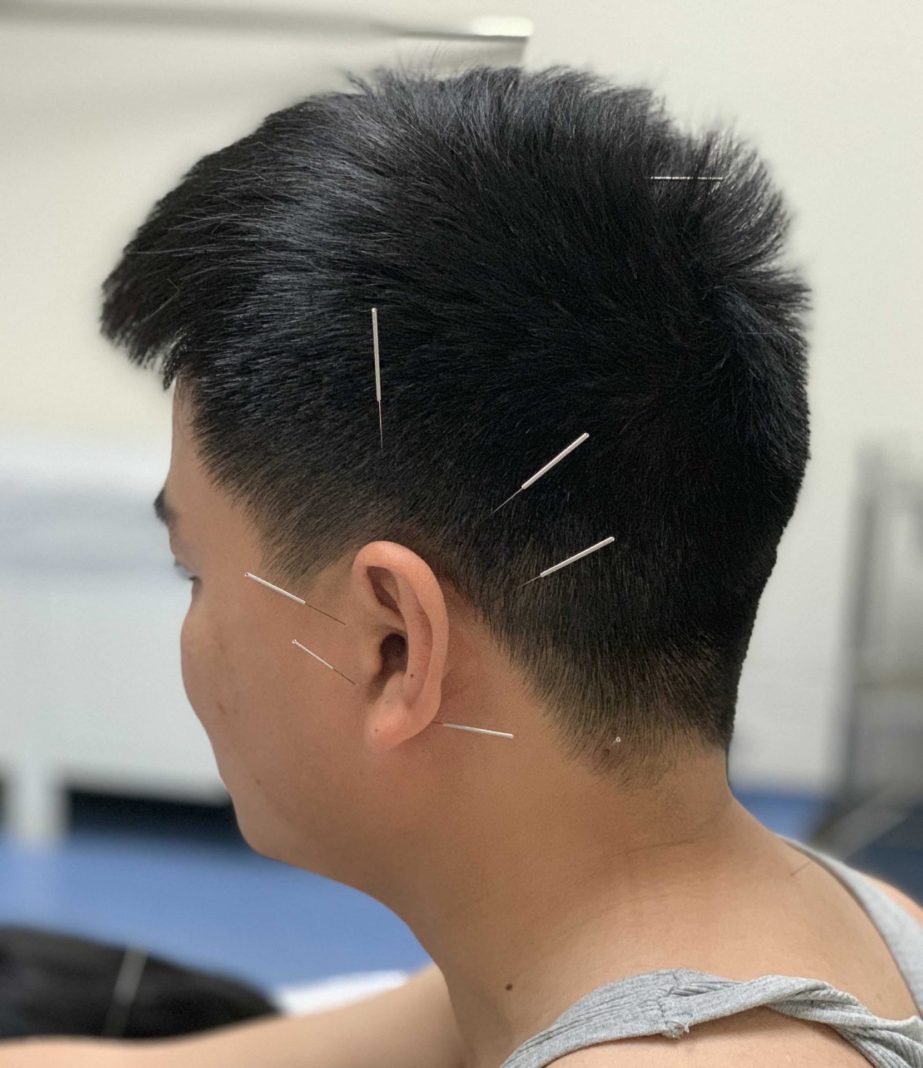Depression is a class of mental health issues that affect a person’s mood and is characterized by episodes of depressive symptoms including feelings of sadness, hopelessness, and despair. People living with depressive disorders may deal with debilitating symptoms that keep them from fully enjoying their lives, relationships, and careers. While there are a number of effective traditional treatments for depressive disorders, applying supportive, holistic therapies into care can help to improve the outcomes of treatment. Acupuncture is a great additional tool to utilize in combination with traditional treatments for depressive disorders as it helps to reduce the severity of depressive disorder symptoms for many.
Depression is a broad term for mood disorders that deal with depressive episodes. However, there are a number of different depressive disorders. Some examples of depressive disorders include:
Major Depressive Disorder (MDD): This is the type of depressive disorder most people think of when they think of depression. This type of depressive disorder is characterized by experiencing symptoms of depression for the majority of the time and a major part of a person’s week. Symptoms of this type of depression can include loss of interest, weight fluctuations, sleep issues, exhaustion, low feelings, suicidal thoughts, behaviors, or ideation.
Persistent Depressive Disorder (PDD): This type of depressive disorder includes all of the symptoms of Major Depressive Disorder, but persists for longer than two years at a time.
Bipolar Disorder: This depressive disorder is characterized by episodes of both depression and mania. During depressive episodes, people with bipolar disorders may feel low, hopeless, sad, and deal with sleep issues. During manic episodes, people living with bipolar disorders may experience symptoms of high energy, euphoria, and insomnia.
Seasonal Affective Disorder (SAD): This type of depressive disorder includes episodes of depression during specific times of the year. While most people with SAD experience episodes of depression during the winter months, these episodes can happen at any time of the year depending on the person.
Through studies, acupuncture has been shown to help people living with depressive disorders as it can help to reduce the severity of experienced symptoms. It’s a non-invasive, non-medicinal way to help relieve symptoms of depression that is helpful when used in combination with traditional treatments and alone. It’s believed that acupuncture for depression works by stimulating the release of “feel-good” endorphins in the body which can help to promote better mood management. Furthermore, depressive symptoms can also be the result of chronic pain, which is most of the time triggered by inflammation. As acupuncture can reduce swelling and inflammation, it works to relieve symptoms of depression in people who are living with chronic pain due to inflammation.
Other benefits of choosing acupuncture for depression include:
Acupuncture Zen offers acupuncture sessions to help heal the entire body, which can help to reduce the severity of depressive symptoms in people who are diagnosed with depressive disorders. So, if you’re looking for an additional tool to utilize in your depression treatment arsenal, we’re here to help.

Symptoms of depressive disorder differ according to the type of depressive disorder an individual may be diagnosed with. But, some common symptoms of depressive disorders can include: